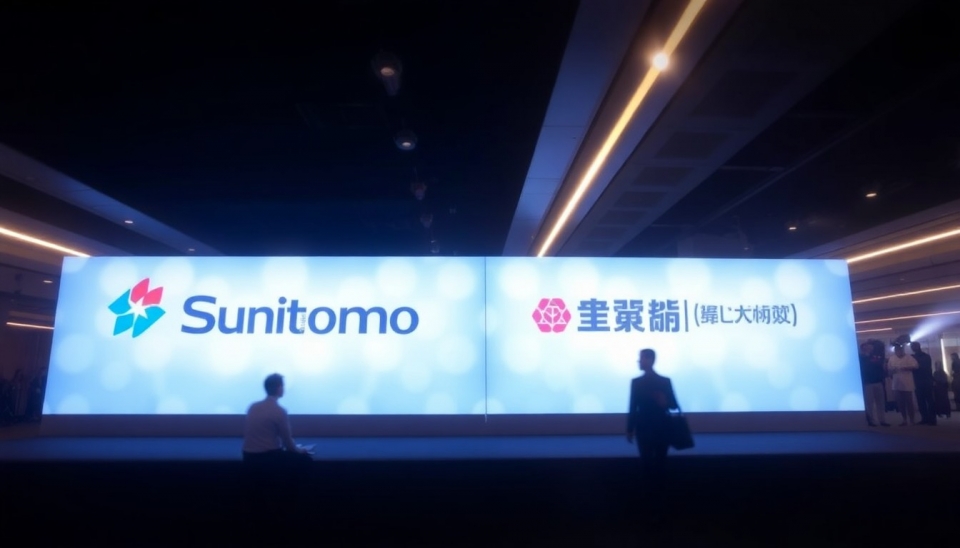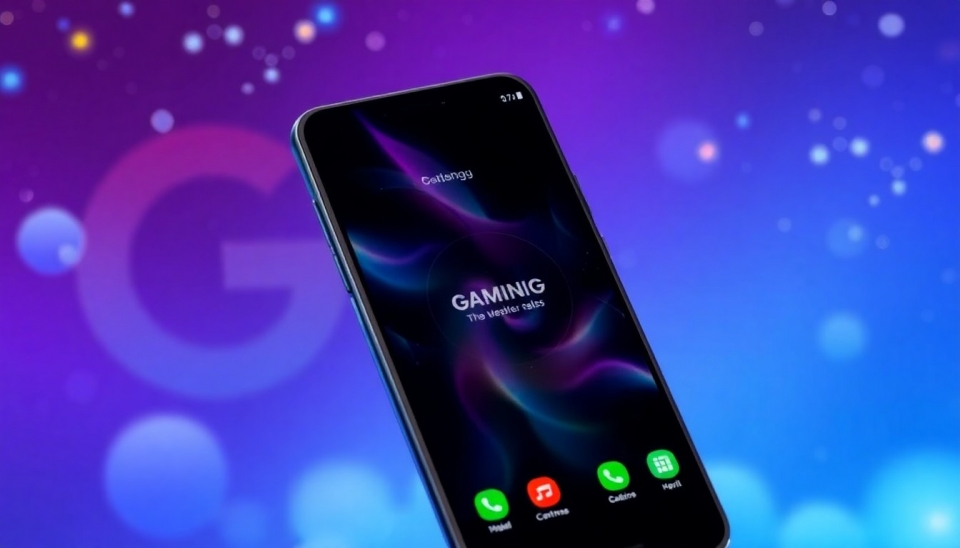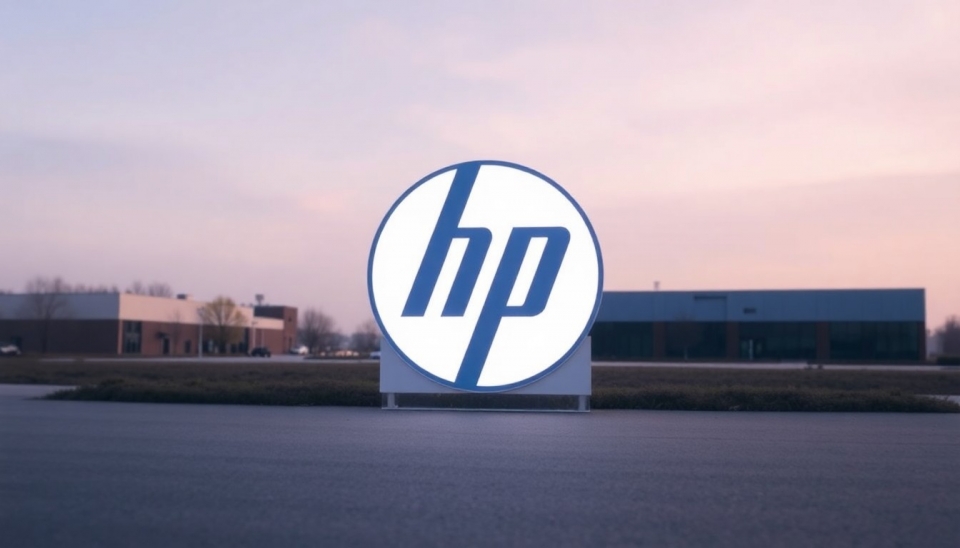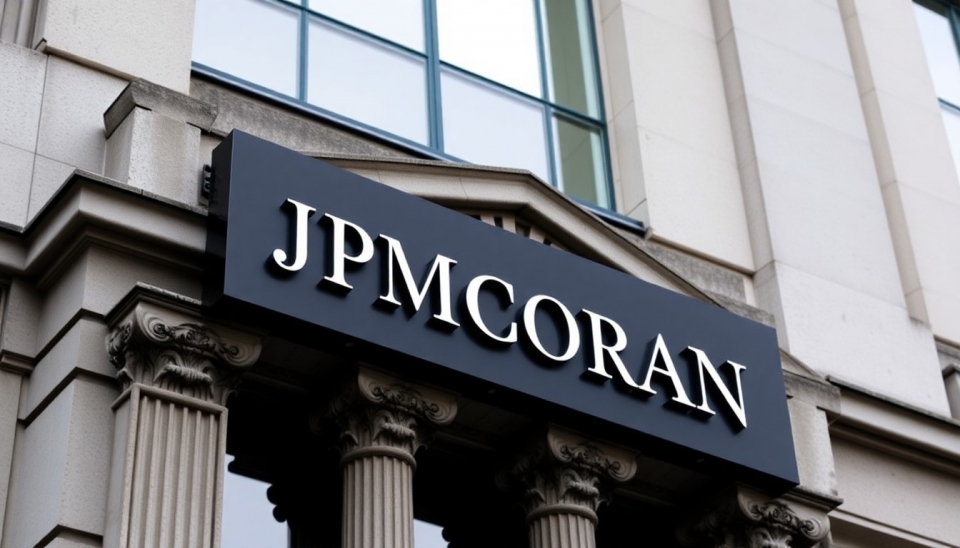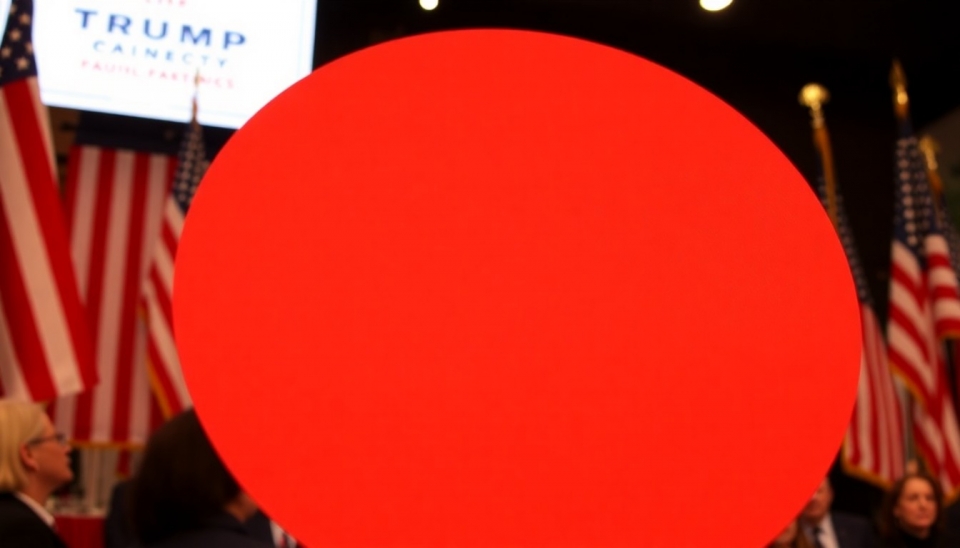
In a surprising move, HP Inc. has reportedly made a significant financial contribution to the inaugural fund of former President Donald Trump. This decision has raised eyebrows, especially given the looming risk of tariffs on several of HP's key international operations. The contribution raises questions regarding corporate strategies amidst an unpredictable political and economic landscape.
Sources reveal that HP's financial support comes at a time when the company is grappling with potential tariffs that could affect its manufacturing and supply chain. The implications of such tariffs could lead to increased costs and price adjustments for consumers, thereby complicating HP's market positioning. This contribution can be seen as an attempt by HP to ensure a favorable relationship with the now-former administration, especially with negotiations involving trade policies on the horizon.
HP Inc. has a robust presence in global markets, relying heavily on international trade for its products and services. The tech giant has previously voiced concerns regarding trade imbalances and tariffs, and this financial backing of Trump's inaugural activities may be interpreted as a strategic maneuver to mitigate future risks associated with tariff impositions.
Following the contribution, many industry experts have speculated about the potential ramifications for HP. Analysts argue that while political lobbying is a common practice among corporations, HP’s decision to align with a controversial figure such as Trump may alienate certain customer bases and stakeholders who advocate for more progressive social and economic policies.
Moreover, the timing of this contribution could not be more scrutinized. As the U.S. continues to navigate complex issues around trade relationships, particularly with China and other manufacturing hubs, HP’s actions suggest a calculated risk. The decision to financially support Trump’s inaugural fund amidst ongoing tariff discussions is indicative of the larger debate surrounding the intersection of corporate power and political influence.
This development has triggered a wave of reactions from shareholders and the general public alike. Some argue that the contribution serves as a necessary investment in political capital that could yield favorable outcomes for the company's future operations. Others, however, view it as a reckless gamble that could endanger HP's reputation and customer loyalty.
As HP steers through these turbulent waters, its leadership faces the ultimate challenge of balancing the immediate advantages of political contributions against the long-term impacts on corporate ethics, public perception, and necessary adaptations within an evolving global market.
In conclusion, HP's contribution to Trump's inaugural fund amidst potential tariff risks exemplifies the intricate dance between politics and business. This scenario not only underscores the potential consequences of corporate political engagement but also highlights the ongoing uncertainty in economic policy that can significantly impact multinational companies.
#HP #Trump #Tariffs #CorporatePolitics #BusinessStrategy #InauguralFund
Author: Emily Collins
